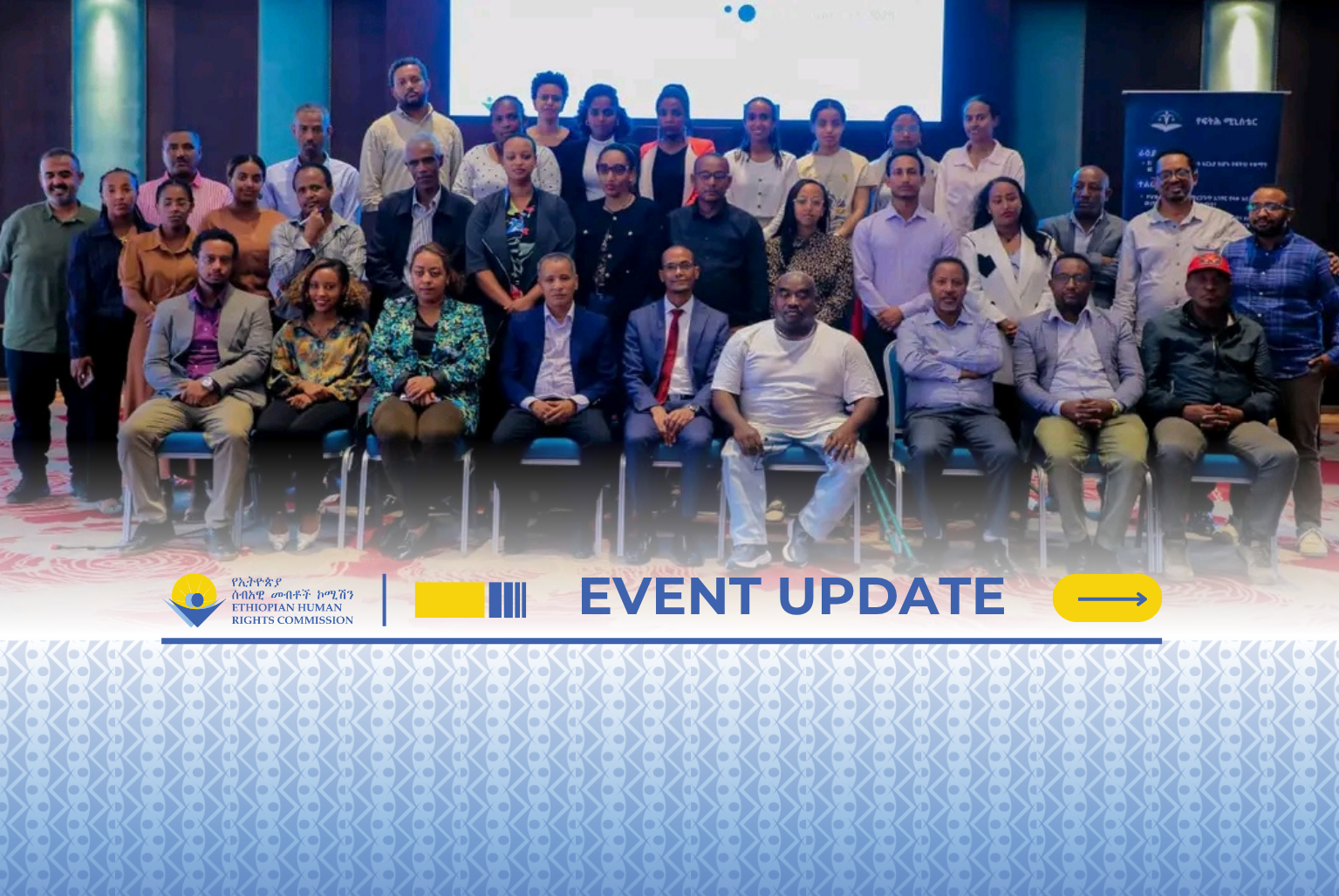The Ethiopian Human Rights Commission (EHRC) in collaboration with the Ministry of Justice (MoJ), organized a Consultation Meeting on Ethiopia’s 4th and 5th draft state report on the implementation of the International Covenant on Economic, Social and Cultural Rights (ICESCR) on June 13, 2025, in Bishoftu City.
The meeting brought together members of the state report drafting team (Inter-Ministerial Team) and non-state actors including civil society organizations (CSOs), unions and associations to ensure that the report preparation process is inclusive, participatory and consultative.
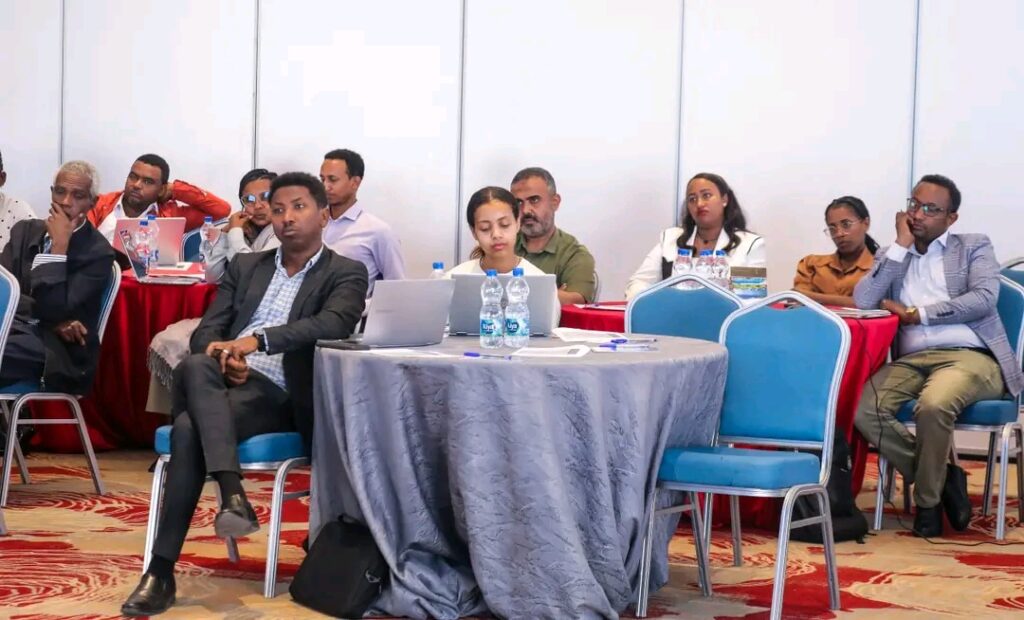
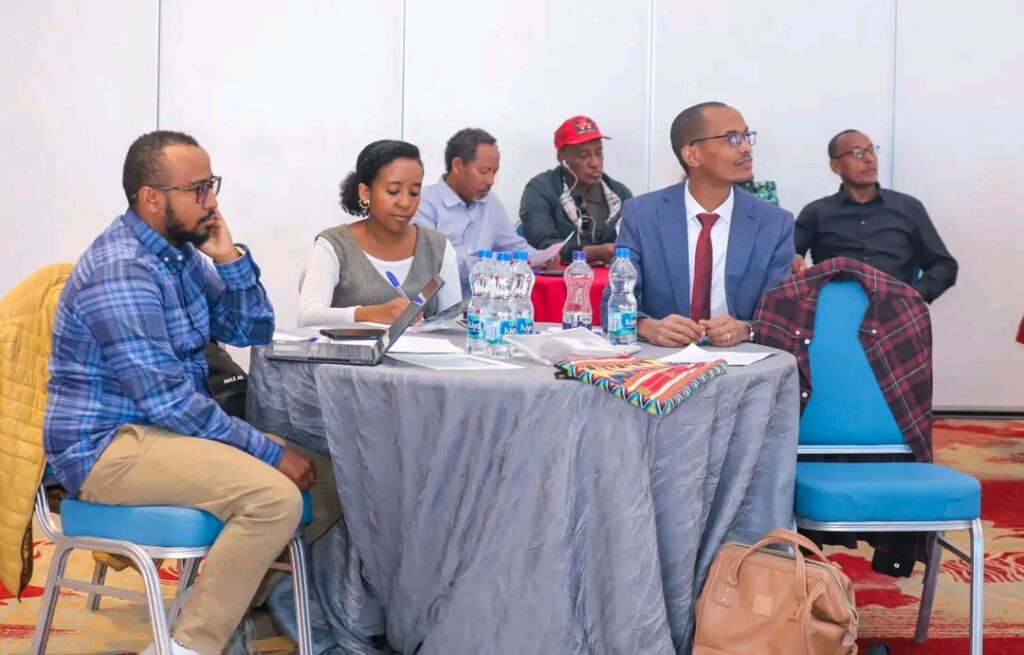
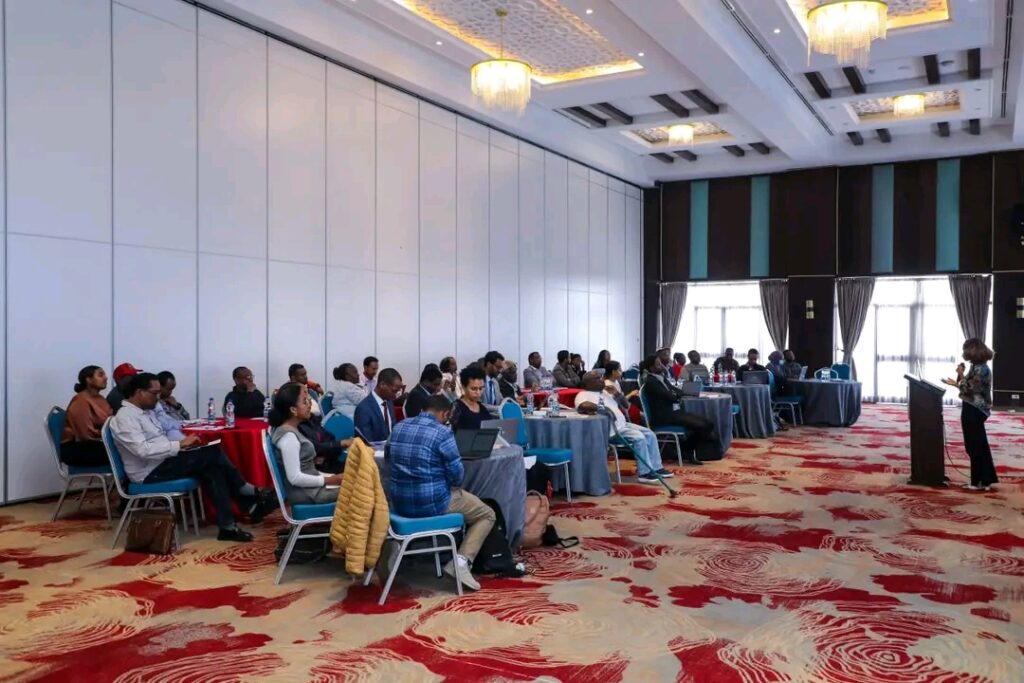
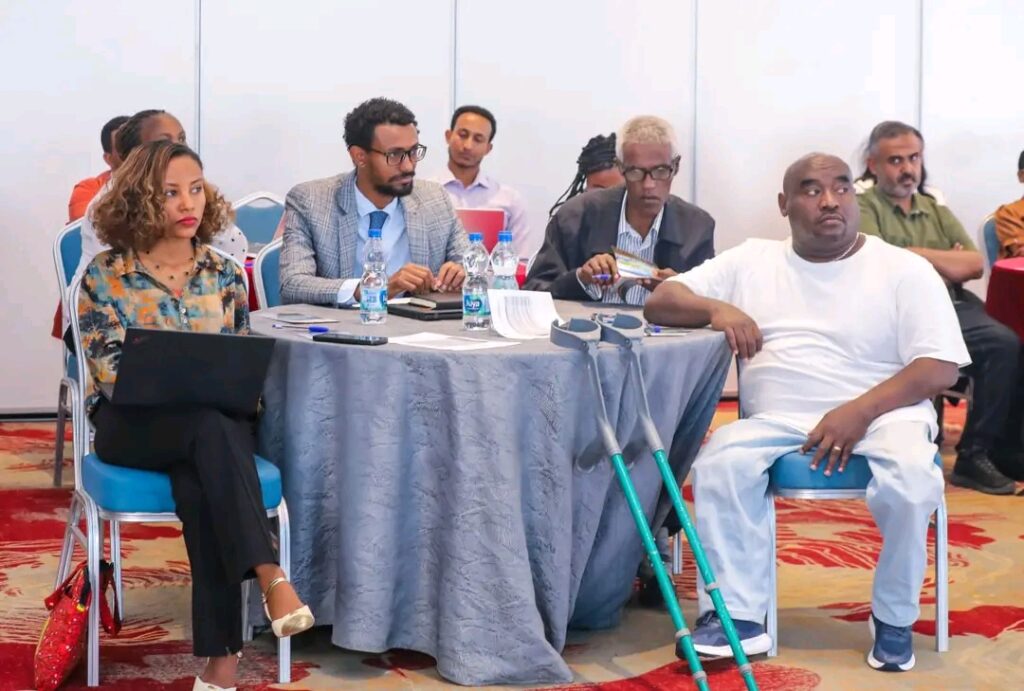
The overall objective of the meeting was to ensure that non-state actors like civil society actively participate in the national report preparation process by providing their input/assessment of the state party’s performance in implementing its obligations under ICESCR including positive developments and concerns/challenges.
The meeting familiarized participants with the recommendations in the 2012 concluding observations of the Committee on Economic, Social and Cultural Rights and highlighted recent notable developments on socio-economic rights in Ethiopia. The importance of a holistic approach to reporting which considers recent recommendations on socio-economic rights such as the recent Universal Periodic Review (UPR) was also underscored.
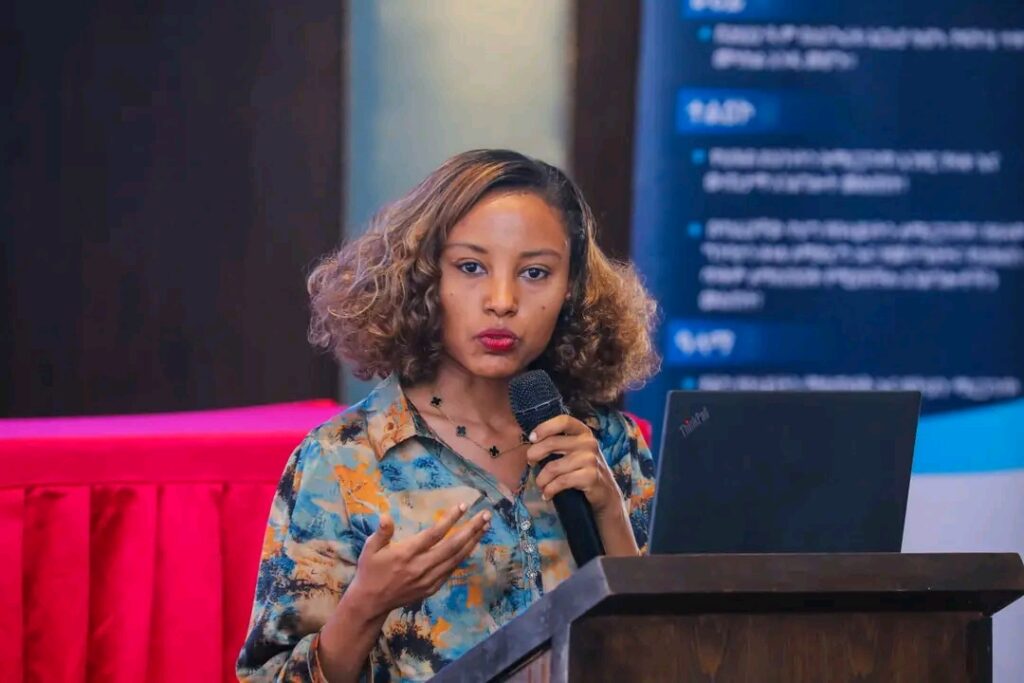
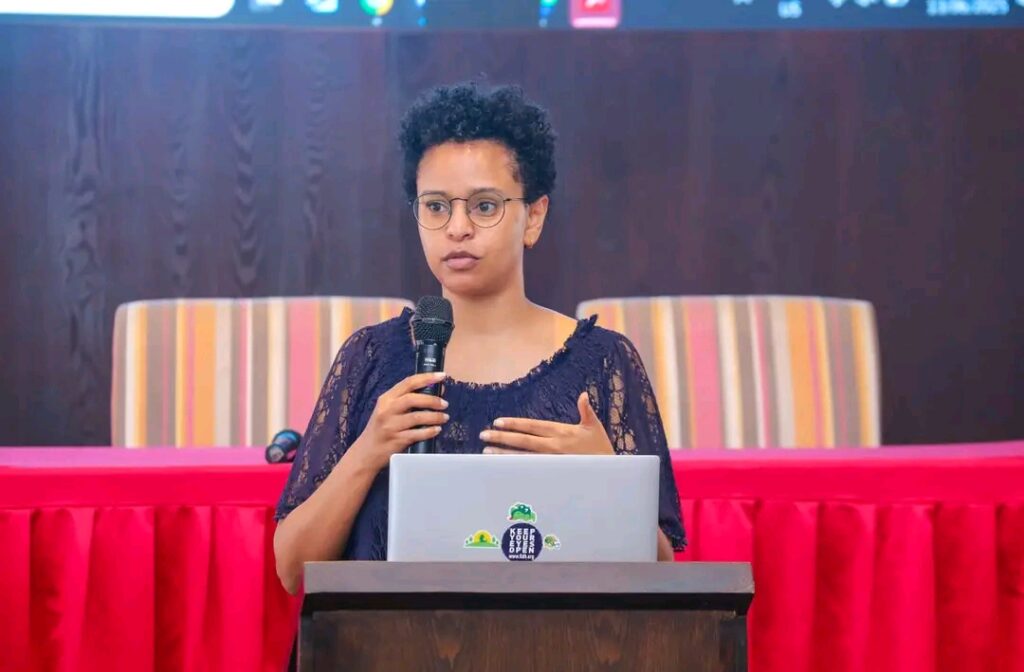
MoJ highlighted a state party’s obligation to submit state reports to treaty bodies timely and the importance of the state reporting process to assess a country’s compliance with its human rights obligations. Additionally, MoJ explained the process which was followed to prepare the 4th and 5th ICESCR state report as well as the challenges faced during drafting.
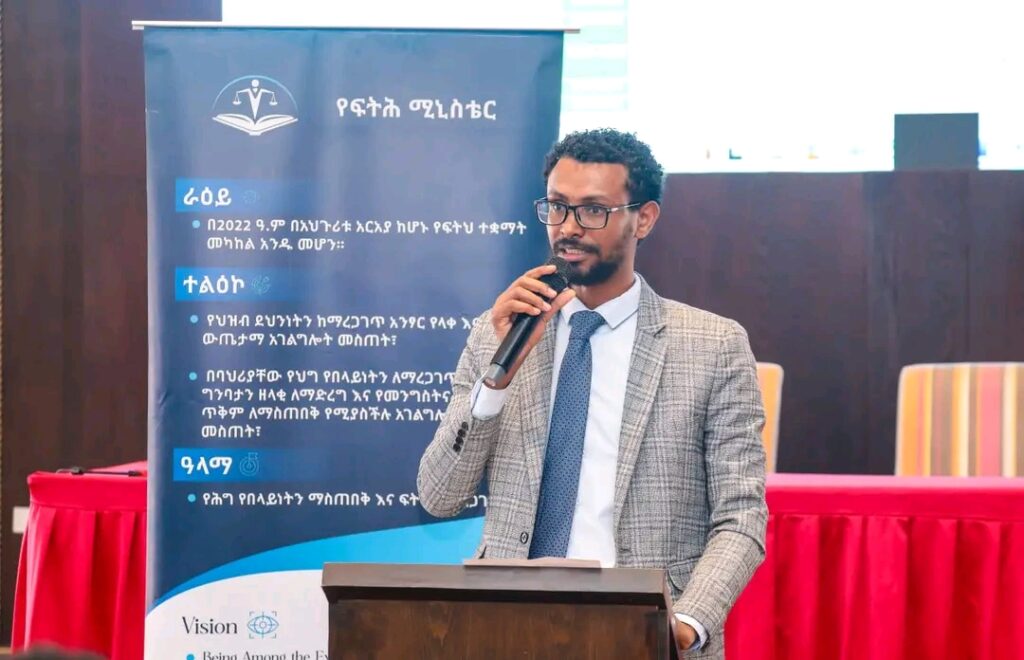
Eyasu Kelemie, Chief of Staff to H.E. Belayhun Yirga, State Minister for the Government’s Legal and Justice Division at the Ministry of Justice, explained MoJ’s legal mandate to prepare and submit national reports on the implementation of international and regional human rights treaties ratified by Ethiopia. He emphasized that the participation of diverse stakeholders enhances the effectiveness of the state reporting process.
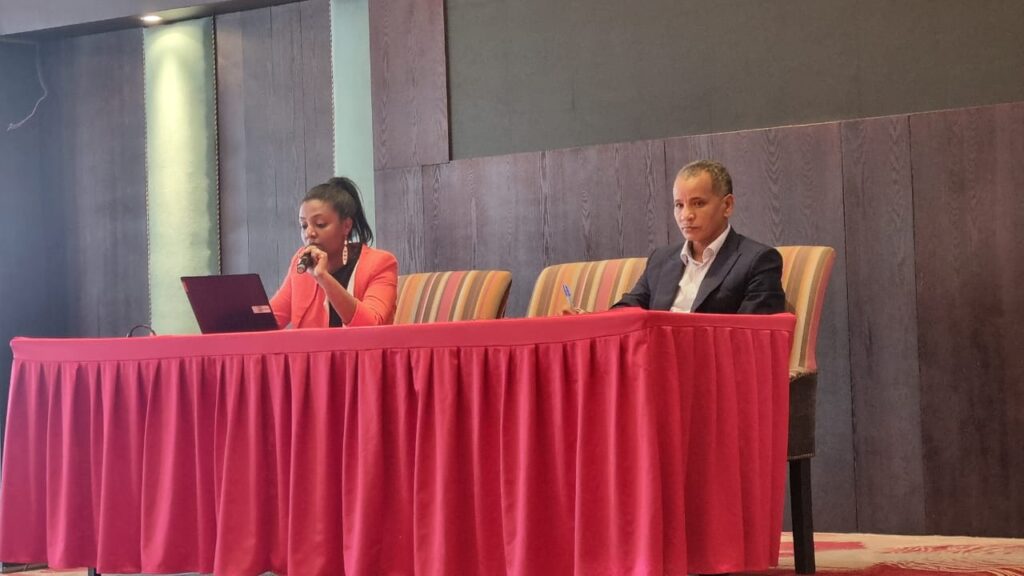
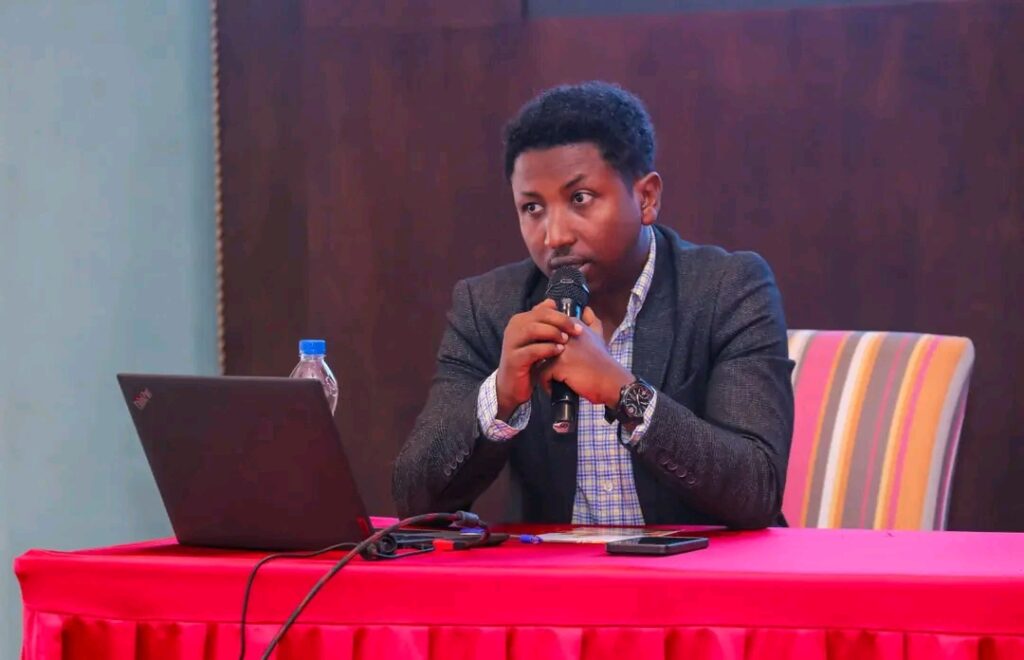
Participants highlighted positive developments on socio-economic and cultural rights in Ethiopia since the last reporting period (2009) including the adoption of laws and policies, as well as programmes and practices that enhance these rights. Participants also identified concerns and challenges on the promotion and protection of socio-economic and cultural rights. The Inter-Ministerial Team comprehensively recorded the inputs of participants to enhance the state report.
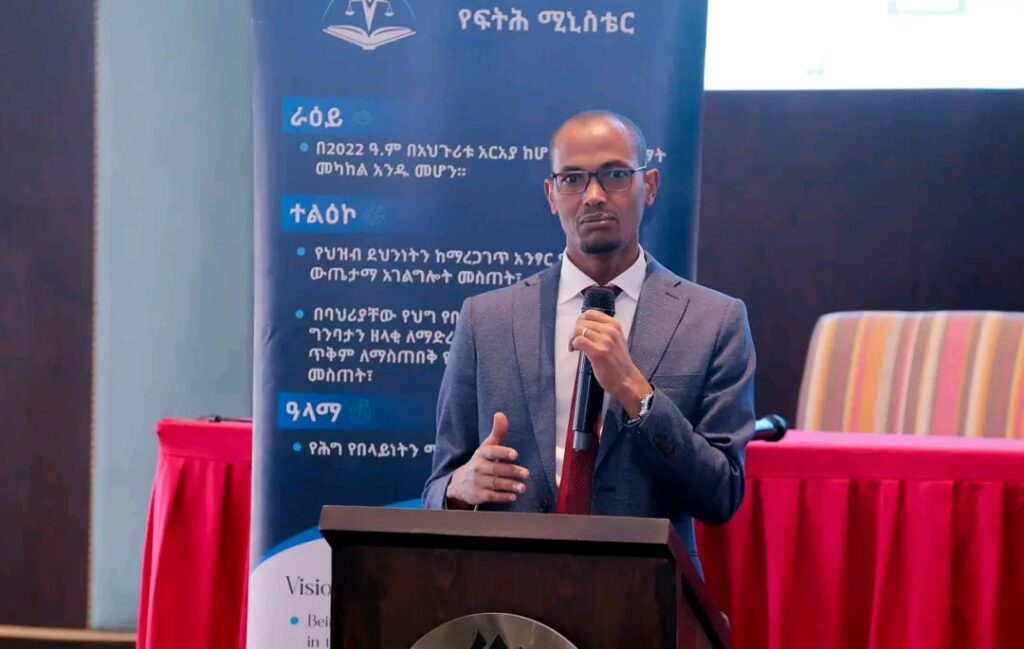
Dr. Abdi Jibril, EHRC’s Commissioner for Civil, Political and Socio-economic Rights, emphasized that the primary purpose of reporting on ICESCR is introspection, taking stock of progress and identifying challenges in the implementation of economic, social and cultural rights. Dr. Abdi called on CSOs and state institutions to actively participate in the preparation of the national report, noting that civil society may still opt to submit their own independent/complementary report on the status of implementation of economic, social and cultural rights in Ethiopia.
